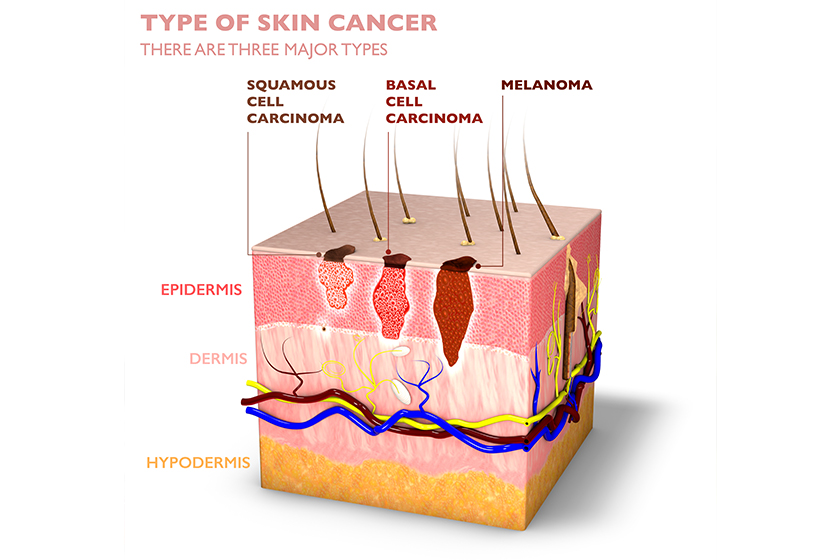Assisted living properties in Charleston, IN provide a comfortable and safe environment for older adults to live in. However, as older adults age, their skin becomes more vulnerable to damage, increasing their risk of developing skin cancer. Skin cancer is a common and preventable form of cancer, and it is essential to take measures to protect your loved ones. In this article, we will discuss skin cancer prevention in assisted living properties in Charleston, IN.
Understanding Skin Cancer
Skin cancer occurs when abnormal cells in the skin grow uncontrollably, resulting in the formation of tumors. It is primarily caused by exposure to ultraviolet (UV) radiation from the sun or tanning beds. The three most common types of skin cancer are basal cell carcinoma, squamous cell carcinoma, and melanoma. You need to understand how the three variants of skin cancer are caused in order to warp your head around how to curb the disease.
Preventing Skin Cancer
Skin cancer is just as bad as any other type of cancer. Prevention is the best way to reduce the risk of skin cancer. Here are some tips to keep your loved ones safe from skin cancer in assisted living properties:
- Stay Out of The Sun During Peak Hours: The sun’s UV rays are the strongest between 10 am and 4 pm. Encourage your loved ones to stay indoors during these hours, especially if they are sensitive to the sun.
- Wear Protective Clothing: Covering up with protective clothing, such as long-sleeved shirts and wide-brimmed hats, can help reduce exposure to UV rays.
- Use Sunscreen: Apply sunscreen with an SPF of 30 or higher to exposed skin, even on cloudy days. Reapply every two hours or after sweating or swimming.
- Avoid Tanning Beds: Tanning beds give off UV radiation that may damage the skin, increasing the risk of skin cancer.
- Regular Skin Exams: Encourage your loved ones to have regular skin exams to detect any abnormal moles or growths early on. Early detection is crucial in treating skin cancer effectively.
Assisted Living Properties and Skin Cancer Prevention
Assisted living properties can take several measures to help prevent skin cancer among their residents:
- Provide Shaded Outdoor Areas: Assisted living properties can create shaded outdoor areas where residents can enjoy the outdoors without being directly exposed to the sun’s harmful rays.
- Encourage Sun-Protective Behavior: Community team can encourage residents to wear protective clothing and use sunscreen when they go outside.
- Regular Skin Exams: Assisted living properties can arrange for regular skin exams for their residents by partnering with healthcare providers.
- Education And Awareness: Assisted living properties can educate their residents and community team about the importance of skin cancer prevention and detection.
Time to Contain Skin Cancer
Skin cancer prevention should be a top priority for older adults living in assisted living properties in Charleston, IN. By following the tips and recommendations mentioned above, you can help protect your loved ones from skin cancer. Additionally, assisted living properties can take measures to help prevent skin cancer among their residents. By working together, we can reduce the incidence of skin cancer in our aging population.







